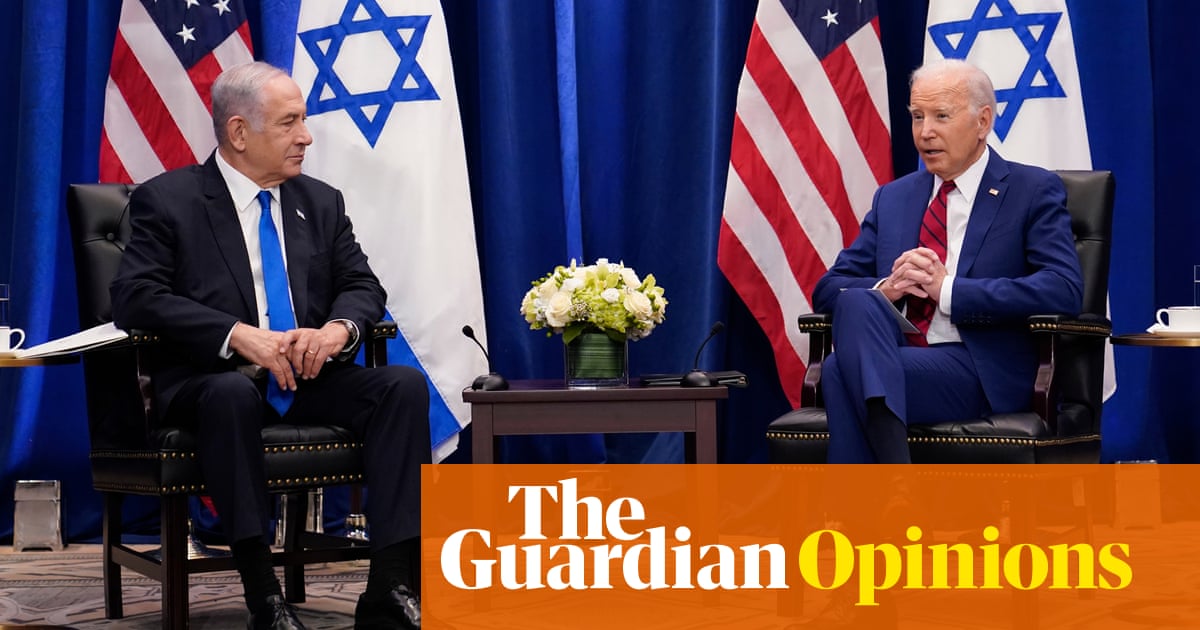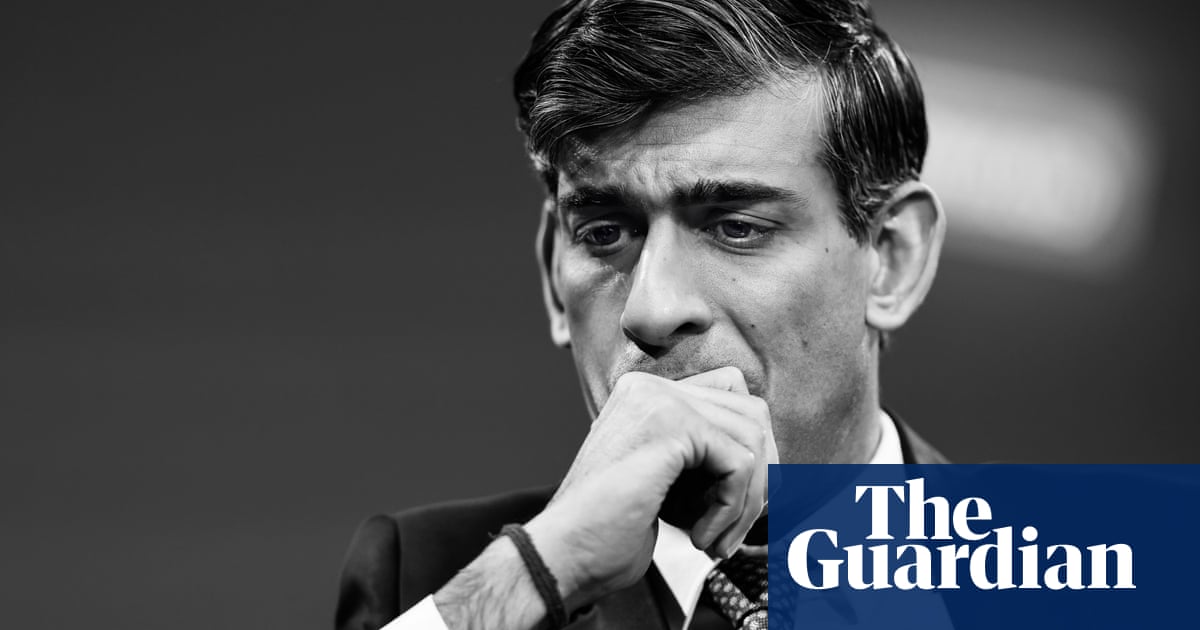
Israeli opposition leaders decided to refrain from trading accusations and instead cooperate in the electoral battle to topple Prime Minister Benjamin Netanyahu’s rule.
Observers interpreted the move as a major development ahead of the elections, saying it would open wide prospects to topple the long-time PM.
Likud MP Miki Zohar said Israelis won’t be forced to go to the polls for the third time in less than a year if the premier again fails to form a government after Knesset elections.
Zohar, who initiated the bill to dissolve the Knesset, said such legislation would not be introduced again if Netanyahu’s coalition-building efforts fail to bear fruit after the September 17 elections.
“There won’t be another law to dissolve the Knesset. Next time we’ll do everything to form a government, and if we don’t succeed then [Benny] Gantz will try,” Zohar said, referring to the Blue and White party leader.
Netanyahu was tasked to put together a coalition in the Knesset after elections in April, but he was unable to muster up a ruling majority before the deadline.
Under Israeli law, if the prime minister-designate cannot form a government before the deadline, the mandate goes back to the president, who assigns another lawmaker to do so.
A number of political figures have called for the re-establishment of the old coalition between Labor, Meretz and Ehud Barak’s new party within the framework of the “Zionist camp” and return former minister Tzipi Livni and her Hatnua party to the coalition list to run in the elections.
These figures are seeking to organize a meeting between Livni and Amir Peretz, the new Labor Party chairman.
Peretz, for his part, said the most important thing to do is to unite the center-left bloc.
Should he fail, he said he will try to reach an agreement among them all not to attack each other and to reach understandings that will ensure the formation of center-left government backed by the Arab parties, just as Yitzhak Rabin did in 1993.
Barak, who has recently founded the new Israeli Democratic Party, supported Peretz’s idea and said his party was considering an alliance with Livni.
“We are studying all options to unite classes not only with Livni, but also with Meretz, Labor and other parties,” he said.
He pointed out that what was missing during the recent elections was a large bloc that includes as much of the left parties as possible and as many of the concerned parties that aim to have a united Israel as a state of peace, democracy and liberty.
In this context, Gantz agreed with Peretz, during their first meeting in Tel Aviv on Sunday, to “maintain an open channel of dialogue.”












